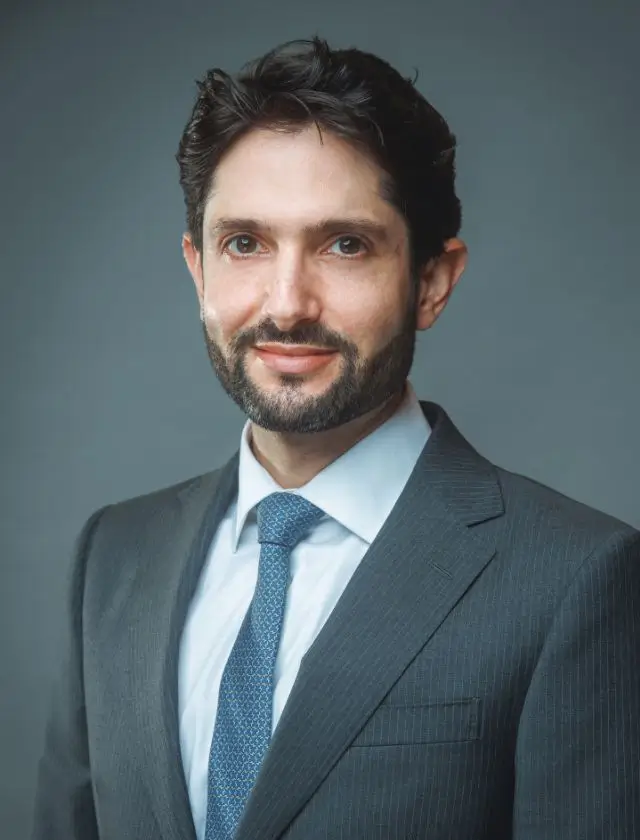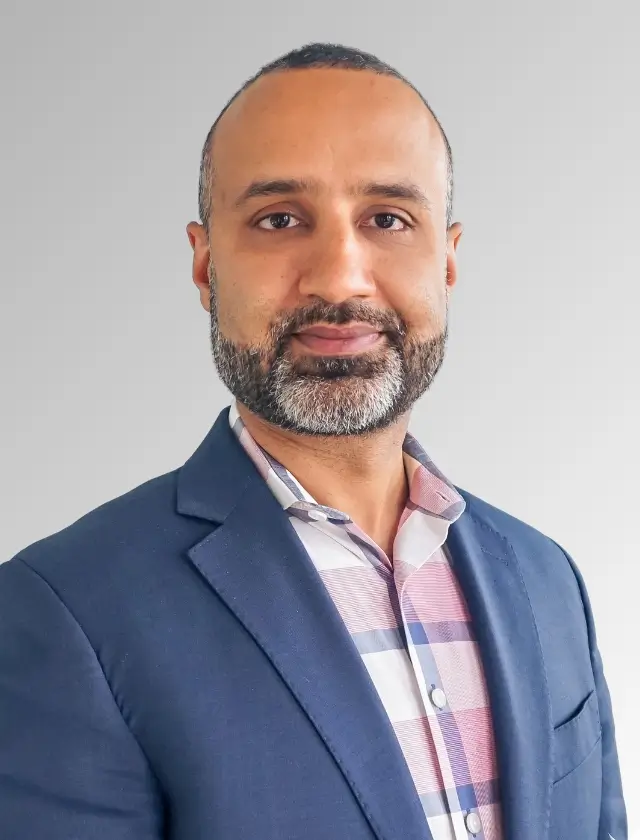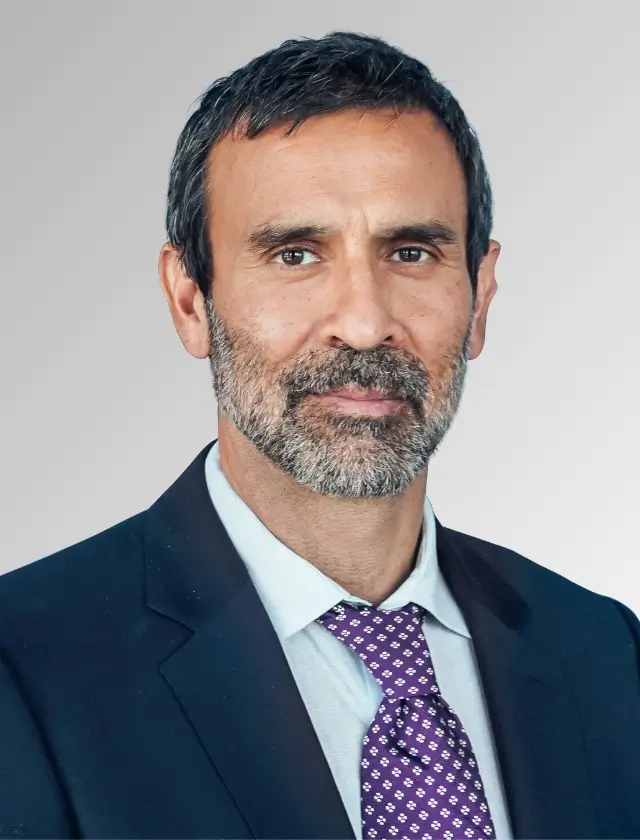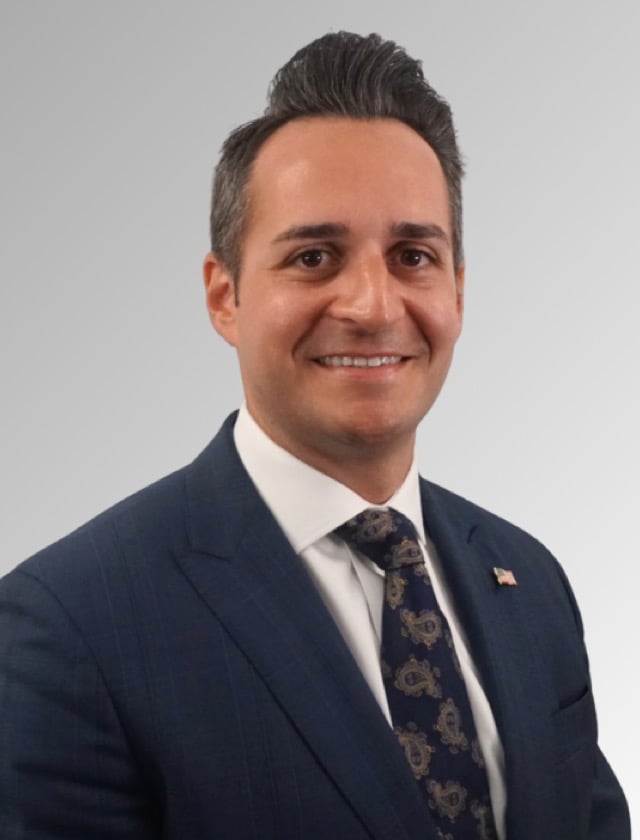Pediatric craniofacial surgery is a term that refers to any surgical procedure used to treat conditions affecting a child’s skull or face, such as congenital anomalies or trauma-related injuries. These surgeries can help reconstruct or reshape damaged or abnormal bone and tissue, minimizing a condition’s impact on a patient’s development and improving function and appearance.

Pediatric Craniofacial Surgery

What is Pediatric Craniofacial Surgery
What to Expect
When you and your child arrive for surgery, the surgical team will help them prepare and ensure they are relaxed. The length of the surgery will depend on the procedure(s) involved, however, all patients are placed under anesthesia to ensure they are comfortable and remain asleep for the duration of the procedure.
Keep in mind that some conditions may require multiple surgeries performed over several months or years to ensure the best possible outcome.
After the Procedure
Often, pediatric craniofacial surgery patients are required to remain in the hospital after their procedure, and the length of their stay will depend on their condition and the type of procedure performed. Some children will only need to remain in the hospital overnight, while others may require several days of 24-hour monitoring and care.
After the surgery, your child’s care team will provide you with a post-surgical plan, including instructions on how to care for incisions, manage pain, and support healing once they return home. Some patients may need to be seen by an ophthalmologist, orthodontist, and other specialists during the healing period.
While swelling and bruising typically subside within the first two weeks after a child’s surgical procedure, it can take 12 weeks for bones to heal and regain full strength. Your surgeon may also recommend physical therapy to help strengthen facial muscles and tendons.
Risks & Benefits
- Bleeding
- Infection
- Scarring
- Damage to nerves and blood vessels
- Postoperative pain
- Temporary behavioral changes (such as temper tantrums or poor sleep patterns)
There are many benefits associated with pediatric craniofacial surgery, especially given the advancements in treatment techniques and technology. Benefits often include:
- Correction of abnormalities in facial features and head shape
- Improvement of bite and speech
- Reconstruction of vital bone and tissue
- Support for healthy development and growth
- Improvement in quality of life
Is my child a candidate for pediatric craniofacial surgery?
If your child was born with a craniofacial anomaly, has developed a condition that affects the function of their face or skull, or has experienced trauma that resulted in structural damage to the face or head, they are likely a candidate for pediatric craniofacial surgery.
However, if your child has a condition that affects their ability to heal, takes certain medications, or if their condition can be addressed with more conservative treatments, your surgeon may not recommend craniofacial surgery at this time.
Our Surgeons
Patient Stories
Craniofacial surgery can transform children’s lives and support a brighter future. Discover these inspiring stories of patients treated by our experts.
Patient Success Stories
Surgeons Near Me
Request an Appointment
Interested in learning more about treatment options for pediatric craniofacial conditions? Please schedule an appointment to meet with a member of our elite surgical team.

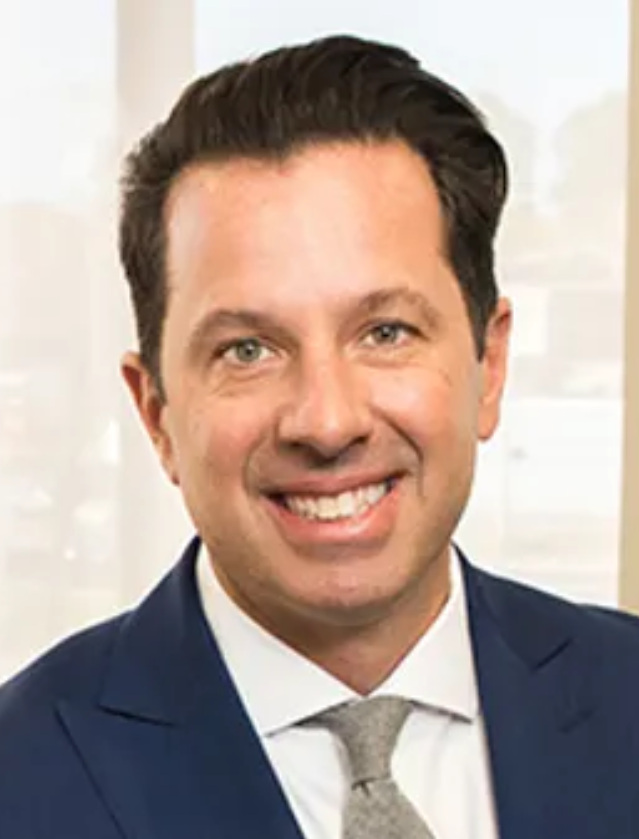
.webp)
